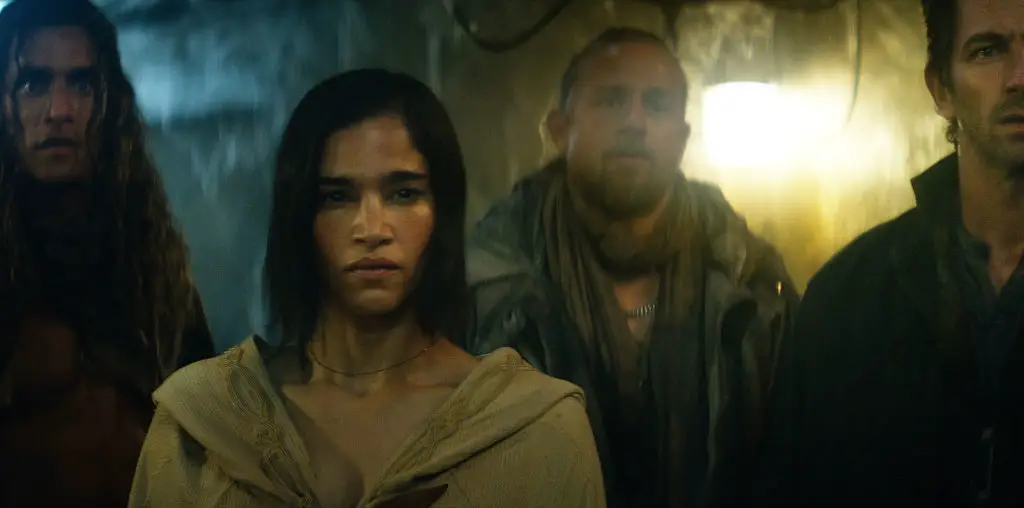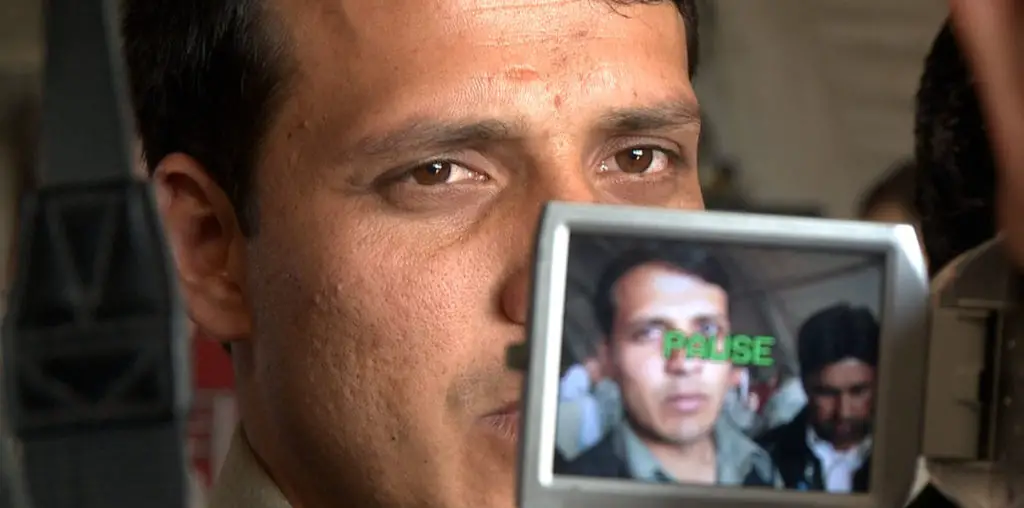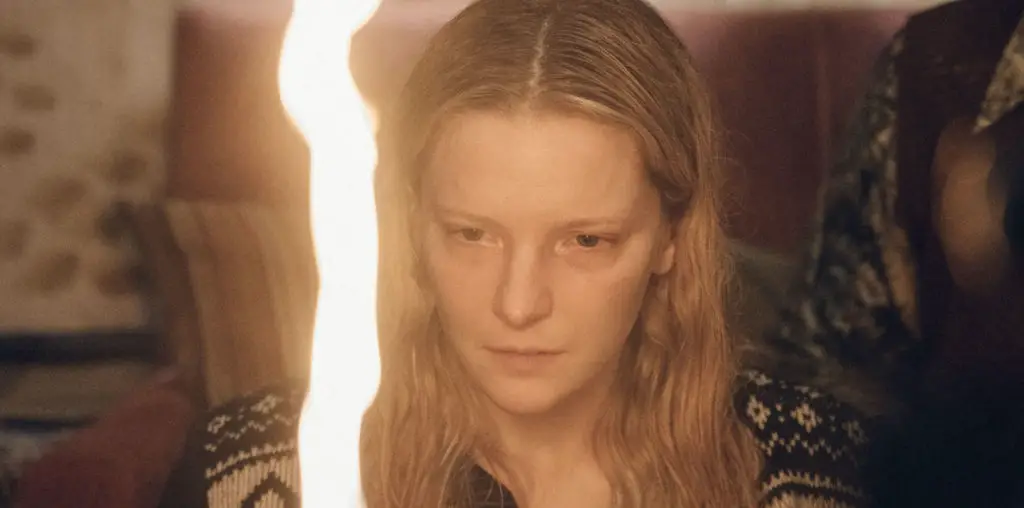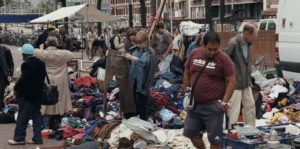
So McQueen’s work on Holland’s wartime woes is an entirely different beast to the great coated giallo stylings and She Wolf of the SS depredations of my short recall. This deadpan account of Jewish persecution does lull you at first from the scale of what happened. But as the film moves along, the accounts line up into tombstones, then cemeteries. Again and again, the stories of perfectly ordinary lives conclude in suicide or murder.
The Nazis implied Amsterdam’s 140,000 Jews would be left alone if they avoided public life. Then, three-quarters of them were loaded onto trains and killed before five years were out.
I’ve heard the Dutch reflect on the grim joke of Holland distinguishing itself so well twice in the war: for having a fearsome resistance and an enthusiastic persecution of Jews. By some estimations, Holland was three times more deadly to them than neighboring Belgium. This was in a country where integration was the most complementary in Europe. Jews called Amsterdam the Jerusalem of the West right up until the war. A great deal of consanguinity has also taken place for centuries with the natives, such that proof of gentile heritage was a ploy frequently used for possible rescue from death.

“…the stories of perfectly ordinary lives conclude in suicide or murder…”
It is said that those who don’t learn from history are doomed to repeat it. I watched this film days after Geert Wilders’ shocking but predictable rebuff to globalism, and McQueen’s film also describes the unprecedented wave of migration from the Middle East and Africa into Europe. Towards the end of Occupied City, when we see Antifa rioting about George Floyd’s death, the footage shows streets whose demography looks to have altered over the course of the film. You can almost hear the whine of this incoming bomb from the right. Are we fated to watch communists kicked in by jackboots again? Didn’t my grandparents just do something about that?
McQueen has aced the task of translating Stigters’s book, putting her research into an educational and provocative collage and bringing it gracefully to another medium and a wider audience. It has been suggested the unwieldy length makes this an artwork proper and, as such, best suited to darkened rooms in galleries. I’d say it’s more of an exhibit on an eternal tour. Also, this is a film proper. It works well at length, keeping viewer interest throughout with its well-judged coolness.
McQueen had no way of knowing that his film would be released contemporaneously with the Hamas attacks and Wilders’ election win. While all that ill fortune makes no difference to this as a piece of art, it does seem to validate that he is at least looking in the right direction when he works. Judging this purely on its merits as cinema, it is a perfectly composed treat.
Merry Christmas, Mr McQueen! God bless us all.
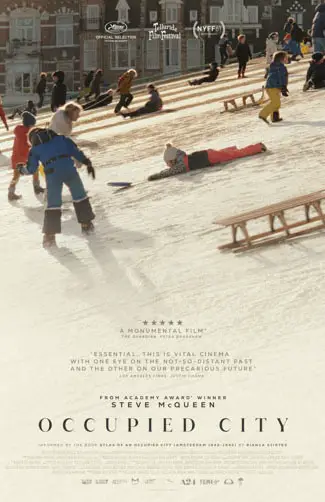
"…a perfectly composed treat..."
